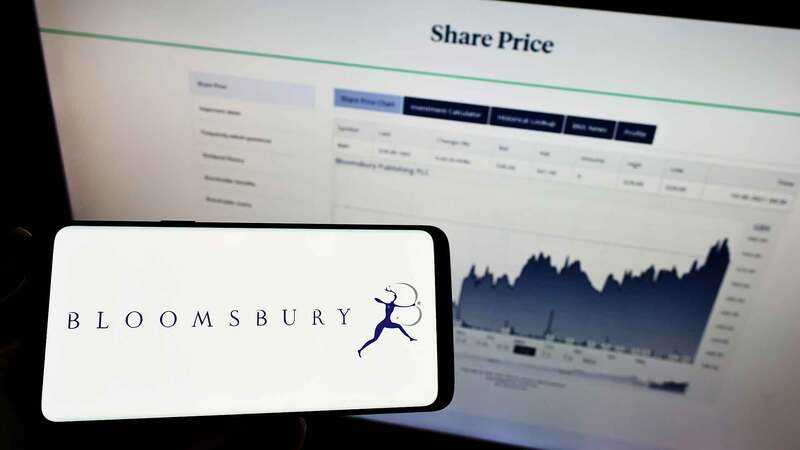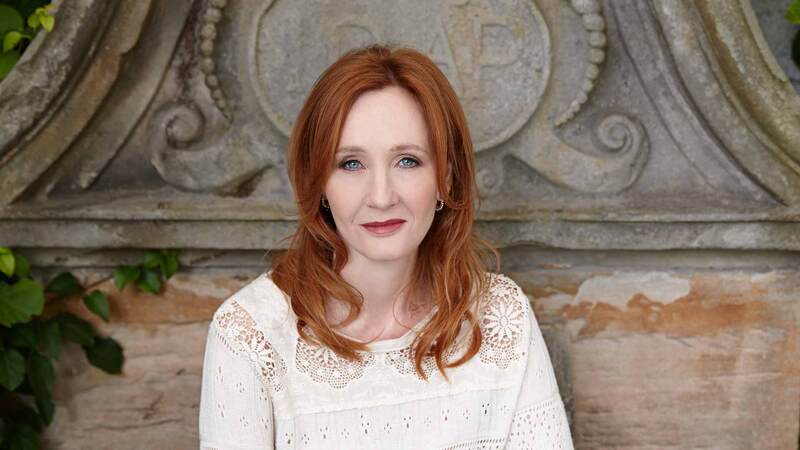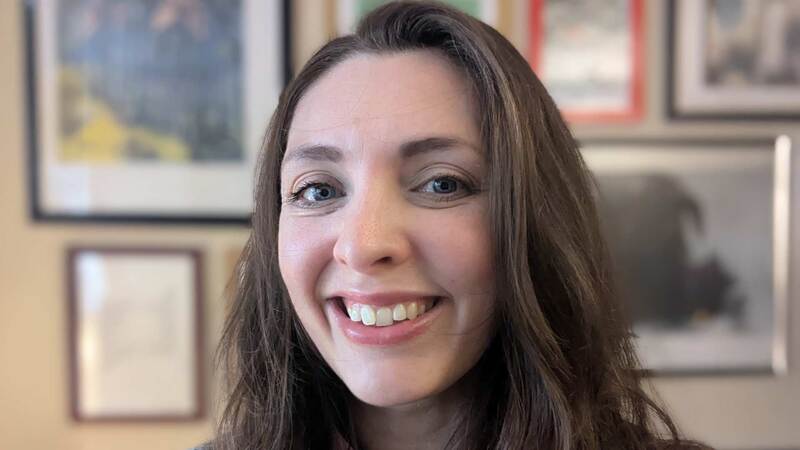You are viewing your 1 free article this month. Login to read more articles.
Bloomsbury launches 2020 strategy to become B2B publisher
Bloomsbury has launched Bloomsbury 2020, a strategy to capitalise on the £3.4bn academic libraries market and reposition itself from "a primarily consumer publisher to a digital B2B (business-to-business) publisher".
The company revealed the news at the same time as reporting its full-year results for the year ending 29th February, which saw both sales and pre-tax profit rise following the “successful integration” of Osprey Publishing which was acquired in December 2014.
The company's new strategic growth initiaitve Bloomsbury 2020 will focus on growing revenues from academic and professional digital resources for academic libraries worldwide in order to capitalise more on the $5bn (£3.4bn) market.
Nigel Newton, c.e.o of Bloomsbury, said: "There are significant market opportunities to accelerate the growth of our digital revenues and today we have set out the Bloomsbury 2020 strategy. This focuses on growing revenues from academic and professional digital resources for academic libraries worldwide, whose budget is estimated to be $5 billion. This will lead our repositioning in the market from a primarily consumer publisher to a digital B2B publisher, whilst continuing our long track record of huge bestsellers in the adult and children's markets which remain a very important part of Bloomsbury's mission."
Bloomsbury is also reorganising the business into two divisions: consumer and non-consumer, in order to better "reflect the core customers for our different operations, simplify [the] business, lead to system and structural efficiencies as well as increase customer focus and facilitate digital expansion". The consumer division will be created by merging the children's trade and adult trade businesses, which will be managed by Emma Hopkin, who is currently the managing director of the children's and educational division, from 1st June.
All other operations will be in the non-consumer division which will be managed by Jonathan Glasspool, who is currently managing director of the academic and professional division, reporting to Richard Charkin. Charkin will remain on the board, and in addition to the non-consumer division he will focus on strategic growth areas including special interest and the Bloomsbury India business. He will continue full time until 28th February 2017, after which he will change to two days a week.
Overall revenue for the company grew by 11% to £123.7m and profit before taxation increased by 8% to £13m. In the children's and education arm, revenue was up 57% to £41.8m, due in part to the sales of the Harry Potter series which grew by 133% in the year, Bloomsbury said, following the release of Harry Potter and the Philosopher's Stone Illustrated Edition which was published to "great acclaim".
Sales of adult books increased by 3% year on year to £46m, following the acquistion of Osprey Publishing which generated a revenue of £7.2m.
Revenue for the year from the academic and professional side of the business was £32.7m, which was "slightly lower than expected” due to a "strong" rights and services comparator last year.
Newton said: “Bloomsbury has had a very good year with strong revenue and book sales growth, including a significant increase in digital sales. In particular, our Children's & Educational division delivered an exceptional performance, with its third year of double digit revenue growth."
He added: "We have started the year in line with our expectations and look forward to publishing our strong list in the year ahead."


















